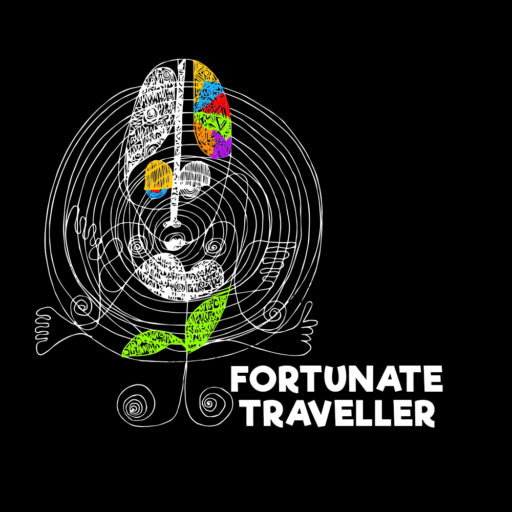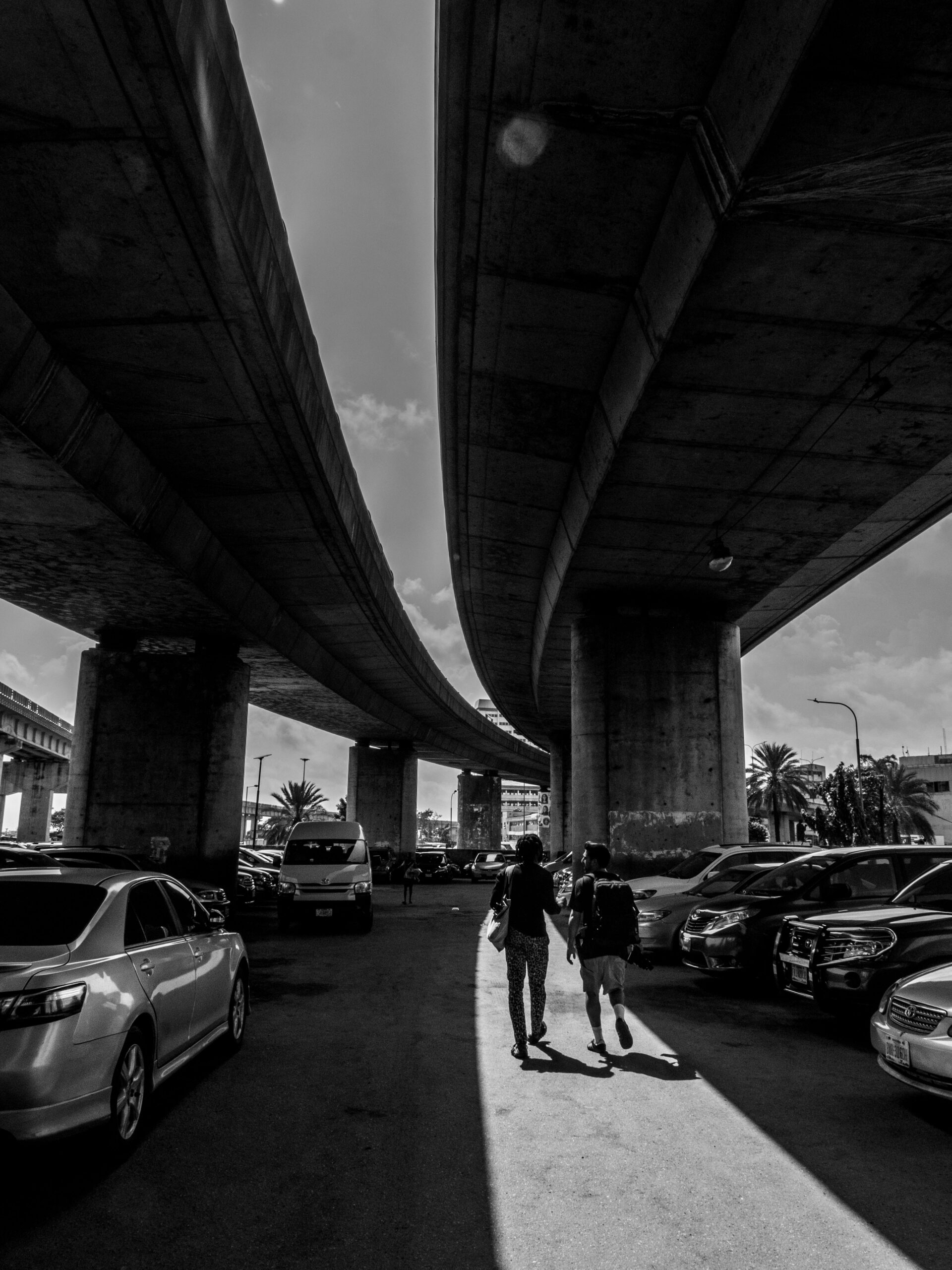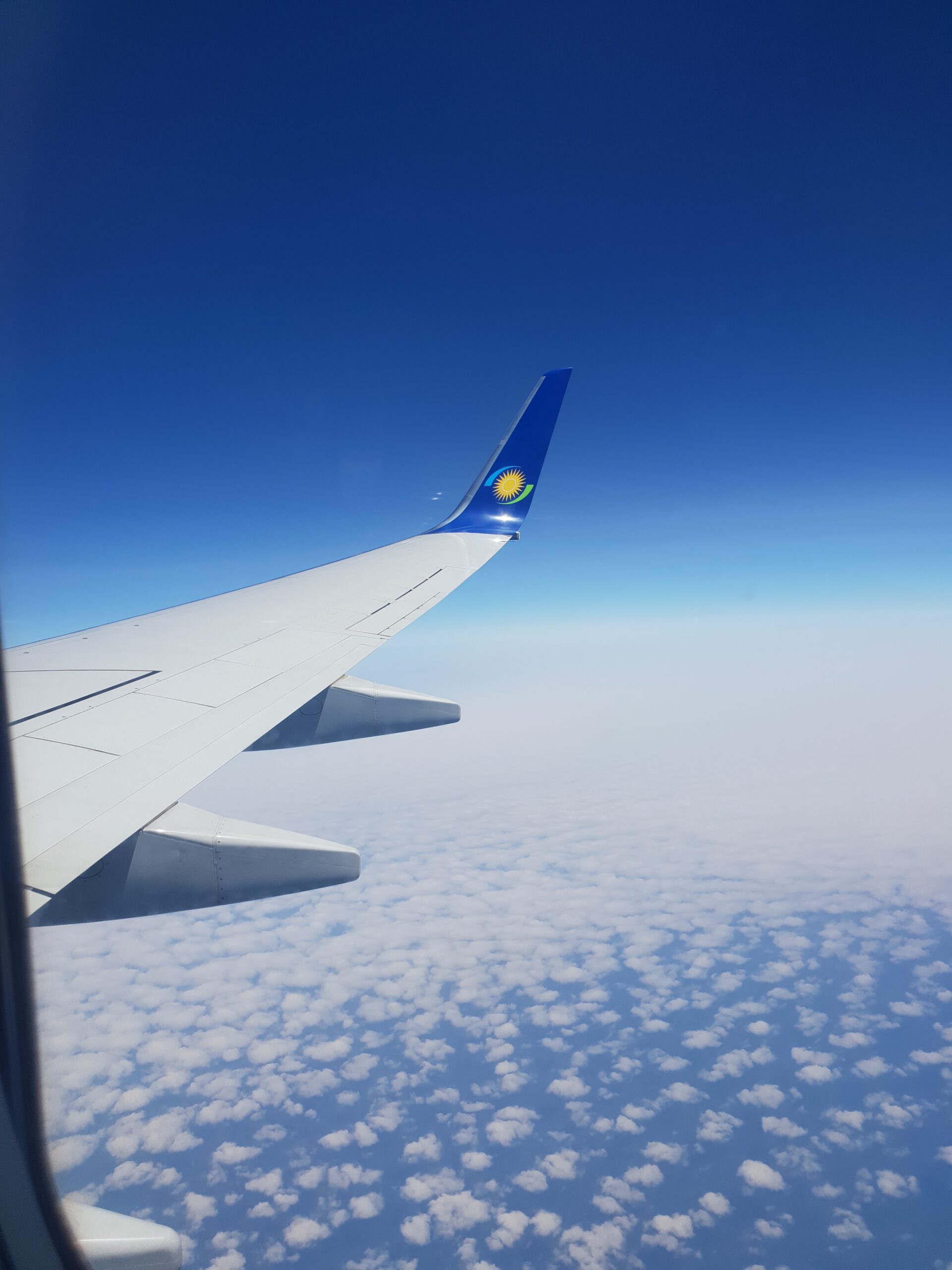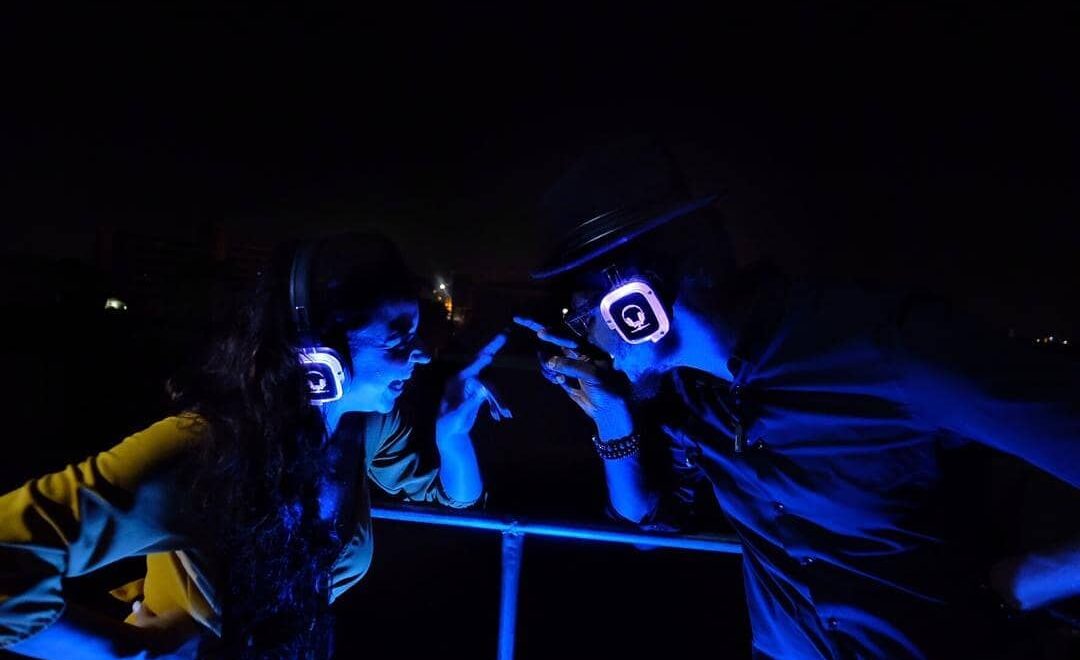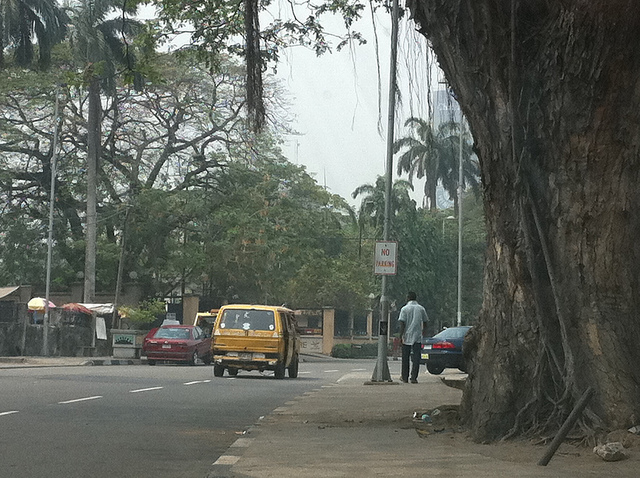
In other states, you will see a bold signboard with a welcome greeting as soon as you get to their boundaries. But Lagos will not welcome you with anything like ‘Welcome to Lagos’. What you will find is a brusque statement that is figurative of the unwelcome salutation that awaits your arrival. Something bold and specific, something uninterested in unnecessary friendliness and frivolities, something close to the hustle and bustle, and confidence of Lagosians: THIS IS LAGOS.
This was how I felt upon my arrival, unwelcomed. Besides, I was not alone on that. Our bus too had developed a fault on arrival. One of my co-passengers promptly cracked a joke that the engine must be allergic to Lagos roads and might probably be scared of the tough competition ahead. He might be correct because it refused to start after two attempts by roadside mechanics delaying us by two hours. I picked myself up and hopped on another bus as did my other co-passengers to our various destinations.
The first day I stepped out, I was excited because I will be taking in the Lagos air. Dressed up for my journey – yes, journey it was – to Apapa, the first thing I observed was: no drive was short in Lagos. To get somewhere that is really not far may take a minimum of three buses.
When I got to my destination, I got a shock that awakened my dormant adrenaline. I had expected the driver to stop and park, as they would in Benin or Port Harcourt, so I may alight but he didn’t. Instead, he kept his foot on the throttle as if glued to it. When I screamed that he should stop, the passengers in unison railed abuses of a JJC on me in a native language. Seeing that he was fast passing my bus stop, I had to jump down as was expected of me. That was a feat for a JJC like me.
A JJC or Johnny Just Come is a street coinage for a new Lagos comer who has never been in the city before or someone who is not familiar with places in Lagos or someone who is clumsy to Lagos pace. As a JJC, I have been handed verbal manual for navigating the city: don’t ask random strangers for direction they might extort you, don’t return the gaze of beggars or give them alms, don’t be carefree with your bag or slouch it over your shoulders, my mind should work faster than my brain can process. Then this threw me aback: you don’t survive in Lagos behaving gentle, you must be mad. Mad? Who am I supposed to be mad at? Humans or animals? Circumstances always have a way of answering these questions and unveiling more that must be known to everyone that comes into Lagos. Earlier in the day, I saw someone pushed out of a truck though it wasn’t moving. I was stupefied that I couldn’t exclaim but more shocked that the people around where this happened acted normal as if nothing happened. Insanity must be a way of life in Lagos then.
I also had another remarkable experience navigating my way around Lagos. I was to go to Freedom Park on Lagos Island. But it had rained earlier and this made me leave eventually at 1 pm. I arrived at at my destination two hours later due to traffic, and on my way back, spent another three hours on the road. It is noteworthy at this point that traffic in Lagos is called holdup. It can be a form of a a tourist attraction as you bear witness to its precarity – you may get frightened watching how people try to beat one another in the traffic and the fights that usually ensure from this. You may as well easily sleep off a hectic day knowing the traffic won’t ease up anytime soon.
During my return trip from the Island, I had another hilarious moment. Our driver was visibly angry with his conductor because the money given to him wasn’t complete. The conductor, in turn, got at us and increased the fare by 200% when we were midway. The passengers tongue-lashed him in unison and those that who had been waiting to vent their anger and frustration exchanged more words with the conductor. He later settled for the original price. After this, an agbero blocked our way and said the driver must pay him. This made our driver and conductor come down from the bus to face him and another comic fight ensued. Yet, our bus was in the middle of the road blocking other vehicles. Commercial drivers soon came down from their vehicles to know why our driver was obstructing the road; it led to another bout of verbal exchange between them.
But there is a truth that must be said about Lagos – it is divided into two, the Island and the mainland. While I was on the Island, I found it hard to believe I was still in Lagos. The roads were neat with little traffic, art works such as mosaic paintings graced major roundabouts. It was a quite environment. The mainland is the exact opposite. It was as though there was a very strict boundary between these two. Majority of the population in Lagos live on the mainland. It is where the fun is. It is where you learn street, become badass smart, and understand the little intricacies of life. The Island is a reward for your hard work. It is where you go to spend the money.
But disregarding the economic imbalance of Lagos and its quirky characters, it is a city of the future, a blueprint of what Nigeria might turn to be. It has a life of its own and is energetic. The air carries an atmosphere of its own and people don’t walk, they bustle. You can be pushed out of the way if you are not careful.
I haven’t read every book written on Lagos but I don’t believe there are stories that will perfectly capture all the various shades of the city. Eko o ni baje o!
 Cynthia Adaobi Okpala is a fiction and creative nonfiction writer. Her passion and hobby revolves around literature and arts, and societal problems. She is known as Global Woman on social media.
Cynthia Adaobi Okpala is a fiction and creative nonfiction writer. Her passion and hobby revolves around literature and arts, and societal problems. She is known as Global Woman on social media.
Cover photo credit: Juju Films
